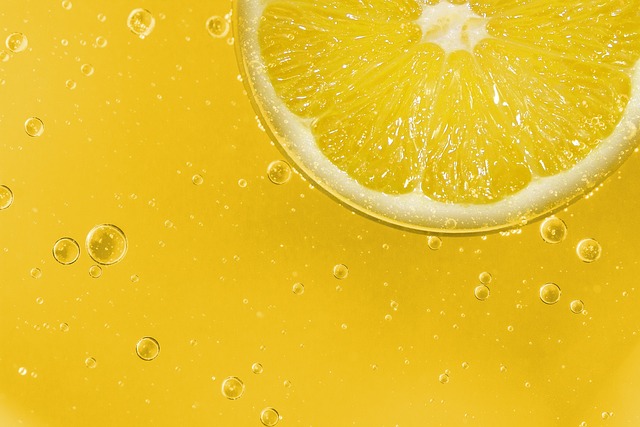Navigating the World of Probiotic Foods: From Kombucha to Kimchi
Probiotics have gained significant attention in recent years due to their potential health benefits. These live microorganisms, often referred to as “good bacteria,” are known for promoting healthy digestion and supporting the immune system. While probiotic supplements are widely available, many people prefer to incorporate probiotics into their diet naturally through food. In this blog post, we’ll explore some popular probiotic-rich foods, from the well-known kombucha to the flavorful Kimchi.
Kombucha
Kombucha is a fermented tea drink that has been consumed for centuries. It is made by fermenting sweetened tea with a symbiotic culture of bacteria and yeast (SCOBY). The fermentation process allows for the growth of beneficial probiotic bacteria, making kombucha a great source of these live microorganisms.
Not only does kombucha offer probiotic benefits, but it is also rich in antioxidants and organic acids. Some studies suggest that kombucha consumption may contribute to improved digestion, immune system support, and even potential weight loss.
Yogurt
Yogurt is perhaps one of the most well-known probiotic foods. Made from fermented milk, yogurt contains live cultures of bacteria such as Lactobacillus and Bifidobacterium. These bacteria help break down lactose, making yogurt easier to digest for individuals with lactose intolerance.
Regular consumption of yogurt with active cultures has been associated with improved gut health, reduced inflammation, and enhanced immune function. When choosing yogurt, opt for varieties that are low in added sugars and free from artificial additives for optimal health benefits.
Sauerkraut
Sauerkraut is a fermented cabbage dish that originated in Central Europe. Cabbage is naturally rich in fiber, vitamins, and minerals, and during the fermentation process, beneficial bacteria convert the sugars in cabbage into lactic acid, creating sauerkraut.
The lactic acid produced during fermentation gives sauerkraut its tangy flavor and acts as a natural preservative. This fermented food not only provides probiotics but is also a good source of vitamin C and K. Incorporating sauerkraut into your diet can support digestion and contribute to a healthy immune system.
Kimchi
Kimchi is a traditional Korean side dish made from fermented vegetables, primarily Napa cabbage and radishes, combined with salt, chili powder, garlic, and other seasonings. Like sauerkraut, kimchi undergoes a natural fermentation process that encourages the growth of beneficial bacteria.
The complex flavors of kimchi make it a popular addition to various Korean dishes. It contains numerous vitamins, minerals, and antioxidants. Regular consumption of kimchi can aid in digestion, reduce inflammation, and potentially improve heart health.
Miso
Miso is a traditional Japanese ingredient made by fermenting soybeans with salt and a fungus called koji. It is commonly used in soups, marinades, and dressings. Miso contains several strains of probiotics, as well as enzymes and other beneficial compounds.
Regular consumption of miso may help regulate the digestive system, support a healthy immune response, and contribute to overall well-being. However, it’s important to note that miso is relatively high in sodium, so be mindful of your intake if you have dietary restrictions.
Conclusion
Probiotic-rich foods offer a delicious and natural way to improve gut health and support overall well-being. Incorporating foods like kombucha, yogurt, sauerkraut, kimchi, and miso into your diet can provide you with a diverse range of probiotic strains. Remember to choose high-quality, organic options to ensure maximum health benefits. So, next time you’re looking to boost your gut health, consider trying one of these flavorful options!







